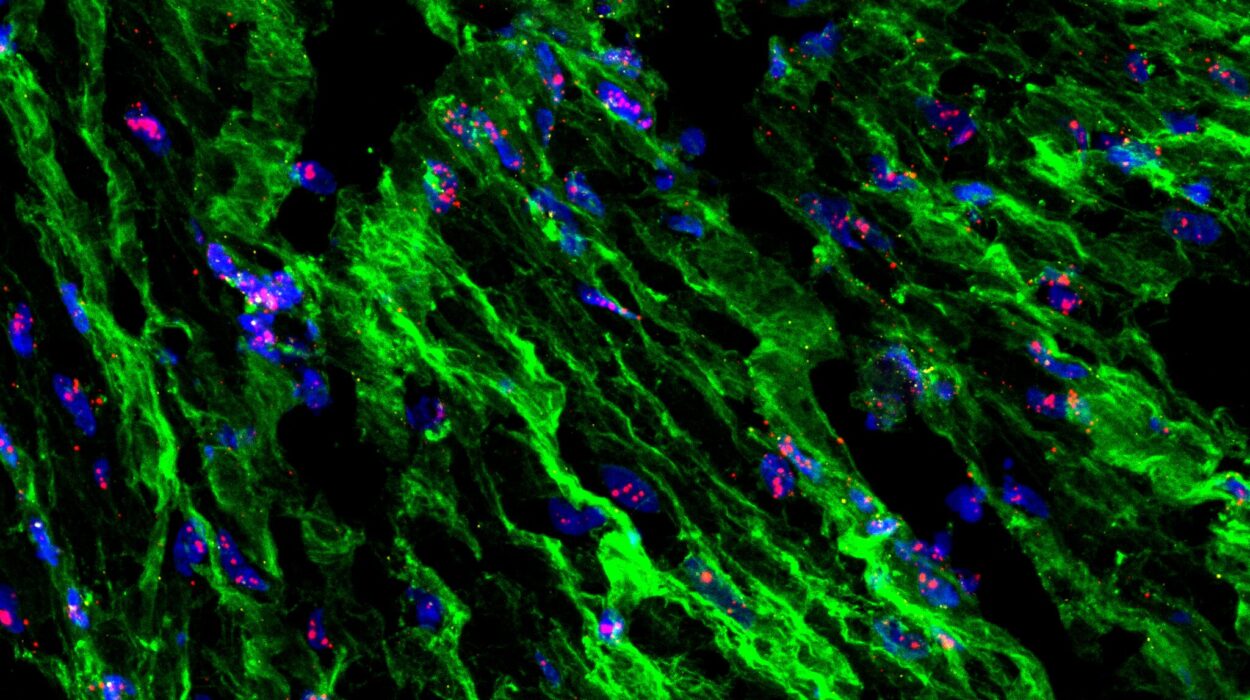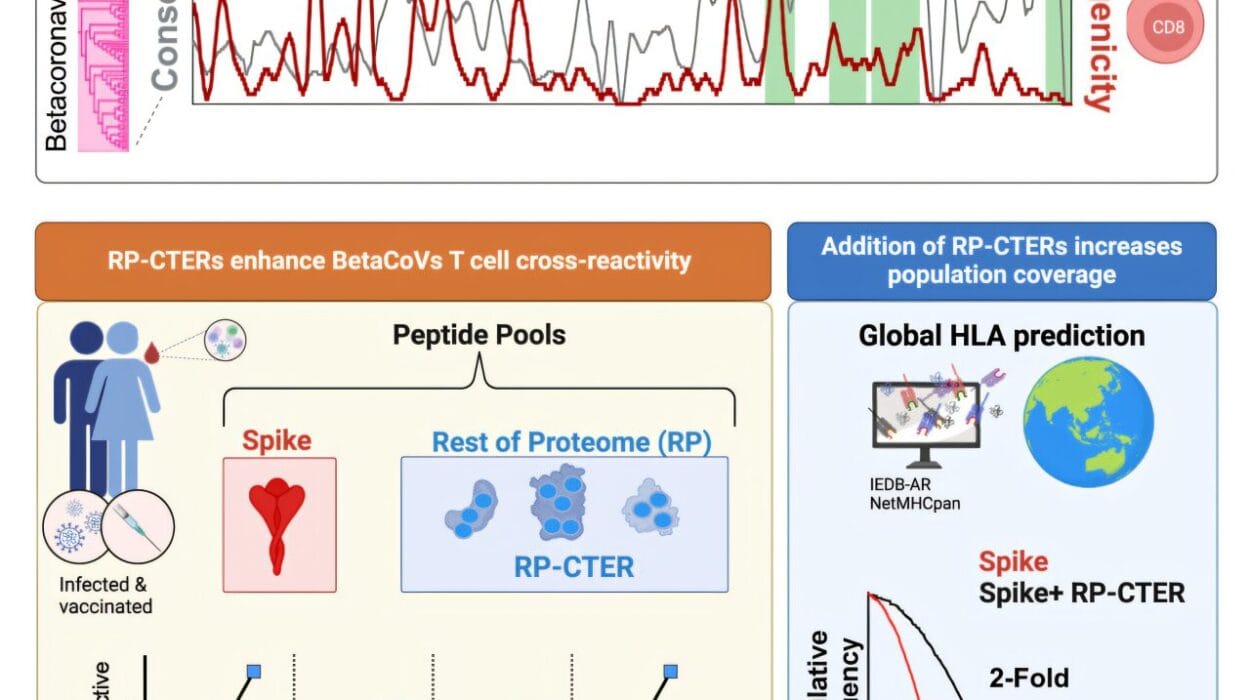Pregnancy is one of life’s most extraordinary transformations. Within a span of months, a mother’s body nurtures the beginnings of another human being—tiny cells dividing, tissues forming, organs blossoming into life. It is both delicate and powerful, a miracle grounded in biology. At the heart of this process lies nutrition. The food a mother eats becomes the building blocks for her child’s body and brain, influencing growth not only in the womb but across a lifetime.
Prenatal nutrition is not simply about calories—it is about quality, balance, and timing. It is the art and science of fueling two lives at once. For the mother, it supports energy, strength, and resilience through the physical demands of pregnancy. For the baby, it provides the raw materials for development, ensuring the healthiest possible start. Every bite, every sip, every choice contributes to this unfolding story of creation.
Why Prenatal Nutrition Matters
When a woman becomes pregnant, her body undergoes remarkable changes. Blood volume increases, metabolism shifts, hormones surge, and organs such as the heart and kidneys work harder. At the same time, a new circulatory system forms to sustain the growing fetus through the placenta, which acts as a lifeline between mother and child.
This rapid growth requires a steady supply of nutrients. Without them, risks increase: preterm birth, low birth weight, neural tube defects, gestational diabetes, or preeclampsia. Long-term consequences for the child can include impaired cognitive development, higher susceptibility to chronic diseases, and weakened immunity.
Conversely, when a mother is well-nourished, the benefits ripple forward. Babies are more likely to be born healthy, to thrive in early development, and even to carry a reduced risk of certain illnesses later in life. Maternal nutrition, then, is not only about pregnancy—it is about laying down the blueprint of health across generations.
The Foundations of Prenatal Nutrition
To understand what every mother should know, we must begin with the fundamental nutrients that shape pregnancy. These nutrients form the architecture of life—proteins for tissues, fats for the brain, vitamins and minerals for countless processes.
Protein: The Building Blocks of Growth
Protein is essential for the formation of new tissues—muscles, organs, enzymes, and hormones. During pregnancy, a mother’s protein needs rise to support both her own expanded blood supply and the baby’s rapid cell division. Good sources include lean meats, poultry, fish, eggs, beans, lentils, tofu, nuts, and dairy products.
Carbohydrates: Fuel for Two
Carbohydrates provide the primary energy source for both mother and fetus. However, not all carbohydrates are equal. Whole grains, fruits, and vegetables offer complex carbohydrates along with fiber, which helps regulate blood sugar and prevent constipation, a common pregnancy discomfort. Refined sugars and processed foods, on the other hand, can lead to spikes in glucose that strain both maternal and fetal metabolism.
Healthy Fats: Nourishment for the Brain
The developing brain and nervous system depend heavily on healthy fats, particularly omega-3 fatty acids like DHA (docosahexaenoic acid). These fats contribute to the formation of cell membranes and the development of vision and cognitive function. Fatty fish such as salmon, sardines, and trout are excellent sources, as are walnuts, chia seeds, and flaxseeds.
Vitamins and Minerals: Tiny Nutrients, Massive Impact
Though required in small amounts, vitamins and minerals exert enormous influence during pregnancy. Some of the most crucial include:
- Folic Acid (Vitamin B9): Essential for preventing neural tube defects, folic acid supports the development of the brain and spinal cord. The need is so great that supplementation is recommended even before conception.
- Iron: With blood volume expanding by nearly 50%, iron is critical to prevent anemia and ensure oxygen delivery to the fetus. Lean meats, spinach, beans, and fortified cereals are valuable sources.
- Calcium: The baby’s skeleton is built from maternal calcium, making it vital for bone health. If intake is insufficient, the mother’s bones may be depleted. Dairy, fortified plant-based milks, leafy greens, and almonds all provide calcium.
- Vitamin D: Necessary for calcium absorption and immune health, vitamin D is often obtained through sunlight, but supplements may be required in regions with limited exposure.
- Iodine: Key for thyroid function and brain development, iodine is often overlooked but can be obtained from iodized salt, dairy, and seafood.
Each nutrient is a thread in the tapestry of prenatal health, woven together to support creation in motion.
Eating for Two: Myth Versus Reality
One of the most persistent myths about pregnancy is the idea that mothers must “eat for two.” In truth, nutritional needs do increase, but not to double. For most women, calorie requirements rise only modestly—by about 300 to 500 calories per day in the second and third trimesters. Quality matters far more than quantity.
What mothers truly need is nutrient-dense food: meals rich in vitamins, minerals, fiber, and healthy fats, rather than excess sugar or empty calories. A bowl of oatmeal topped with berries, nuts, and yogurt contributes far more to prenatal health than an oversized pastry. The focus is not on eating more, but on eating wisely.
The Role of Prenatal Supplements
Even with the best diets, meeting all nutrient needs during pregnancy can be difficult. For this reason, prenatal supplements are widely recommended. These supplements are not a replacement for healthy eating but an insurance policy against deficiencies.
The most universally advised are folic acid and iron. Many prenatal vitamins also contain vitamin D, calcium, iodine, and other B vitamins. Yet, supplements must be chosen carefully—too much of certain nutrients, like vitamin A, can actually be harmful. Consultation with a healthcare provider ensures that supplementation supports rather than disrupts balance.
Managing Common Nutrition Challenges in Pregnancy
Pregnancy is beautiful, but it is not without challenges. Morning sickness, food aversions, and cravings can complicate nutrition.
- Morning Sickness: Nausea often strikes in the first trimester, sometimes making it hard to keep food down. Small, frequent meals, ginger tea, or bland foods like crackers can help. Hydration is also crucial.
- Cravings and Aversions: Hormonal shifts can spark sudden desires for unusual foods—or strong dislikes for once-loved meals. While occasional indulgence is harmless, consistent choices should still aim for nutritional balance.
- Heartburn and Constipation: As the uterus grows, it can press on the digestive tract. Eating smaller meals, avoiding lying down right after eating, and including fiber-rich foods can ease these discomforts.
These challenges remind us that prenatal nutrition is not about perfection, but about adapting with compassion and persistence.
The Emotional and Cultural Dimensions of Prenatal Nutrition
Food is not only biological—it is emotional and cultural. Pregnancy often awakens deep connections to tradition, family, and identity. A mother may crave the comfort foods of her childhood, or she may encounter cultural practices that shape her diet.
In some cultures, certain foods are encouraged or avoided based on beliefs about pregnancy. While many traditions align with healthful practices, others may need adjustment when they conflict with scientific knowledge. Open dialogue between healthcare providers and mothers ensures respect for culture while safeguarding health.
Emotional health also plays a role. Stress, anxiety, or depression during pregnancy can affect appetite and food choices. Emotional support from partners, families, and communities is as vital as the nutrients on the plate. Nourishment comes not only from food but also from love, safety, and connection.
Risks of Poor Prenatal Nutrition
When nutritional needs are not met, the risks extend to both mother and child. Undernutrition can result in intrauterine growth restriction (IUGR), preterm birth, and developmental delays. Overnutrition—especially excess sugars and unhealthy fats—can contribute to gestational diabetes, large birth weight babies, and later risk of obesity for the child.
Micronutrient deficiencies are particularly concerning. Lack of folic acid can cause spina bifida. Iron deficiency can impair brain development. Vitamin D deficiency may weaken bones. These risks highlight why prenatal nutrition is not optional—it is foundational.
The Role of Healthcare and Public Health
Individual choices matter, but so does access. Globally, millions of women still face barriers to adequate prenatal nutrition—whether due to poverty, food insecurity, or lack of education. Public health programs that provide fortified foods, prenatal supplements, and education campaigns save countless lives.
Healthcare providers—obstetricians, midwives, dietitians—play a pivotal role in guiding mothers through the maze of dietary information, offering personalized advice, and detecting risks early. Prenatal care is not only about ultrasounds and checkups; it is about conversations that empower mothers to nourish themselves and their babies with confidence.
Preparing for Birth and Beyond
Prenatal nutrition does not end at delivery. The choices made during pregnancy influence postpartum recovery, breastfeeding, and long-term maternal health. A well-nourished mother is better equipped to face the demands of labor, to heal, and to provide optimal milk for her newborn.
Breast milk itself is a remarkable continuation of prenatal nutrition. Its composition—proteins, fats, antibodies—reflects the mother’s diet and health. Thus, the nutritional journey flows seamlessly from womb to breast, shaping a child’s health in the most intimate of ways.
The Future of Prenatal Nutrition
Science continues to uncover new dimensions of prenatal nutrition. Research into the epigenome—the molecular “switches” that turn genes on and off—suggests that maternal diet may influence how a child’s genes express themselves across a lifetime. This field, known as the Developmental Origins of Health and Disease (DOHaD), reveals that prenatal nutrition may shape risks for conditions like diabetes, obesity, or heart disease decades later.
At the same time, advances in personalized nutrition may one day allow mothers to receive dietary guidance tailored to their genetic profile, metabolism, and microbiome. The future promises a more precise, individualized approach, but the foundation remains the same: a balanced, nutrient-rich diet that respects the profound connection between mother and child.
A Mother’s Love, A Child’s Beginning
To speak of prenatal nutrition is to speak of love in action. It is the mother’s quiet, daily commitment—the choice of a wholesome meal, the courage to overcome nausea, the discipline to take supplements—that builds the unseen foundations of her child’s life. Every bite is an act of devotion, every nutrient a gift.
Pregnancy is not about perfection, but about presence: showing up for oneself and one’s baby with the best possible care, day after day. It is about honoring the extraordinary capacity of the female body to nurture life, and recognizing that health begins long before the first breath is drawn.
Health is not simply inherited—it is created. In the gentle silence of the womb, through the meals shared between mother and child, a story of resilience, strength, and possibility is written. Prenatal nutrition is not just science—it is the poetry of life itself.






